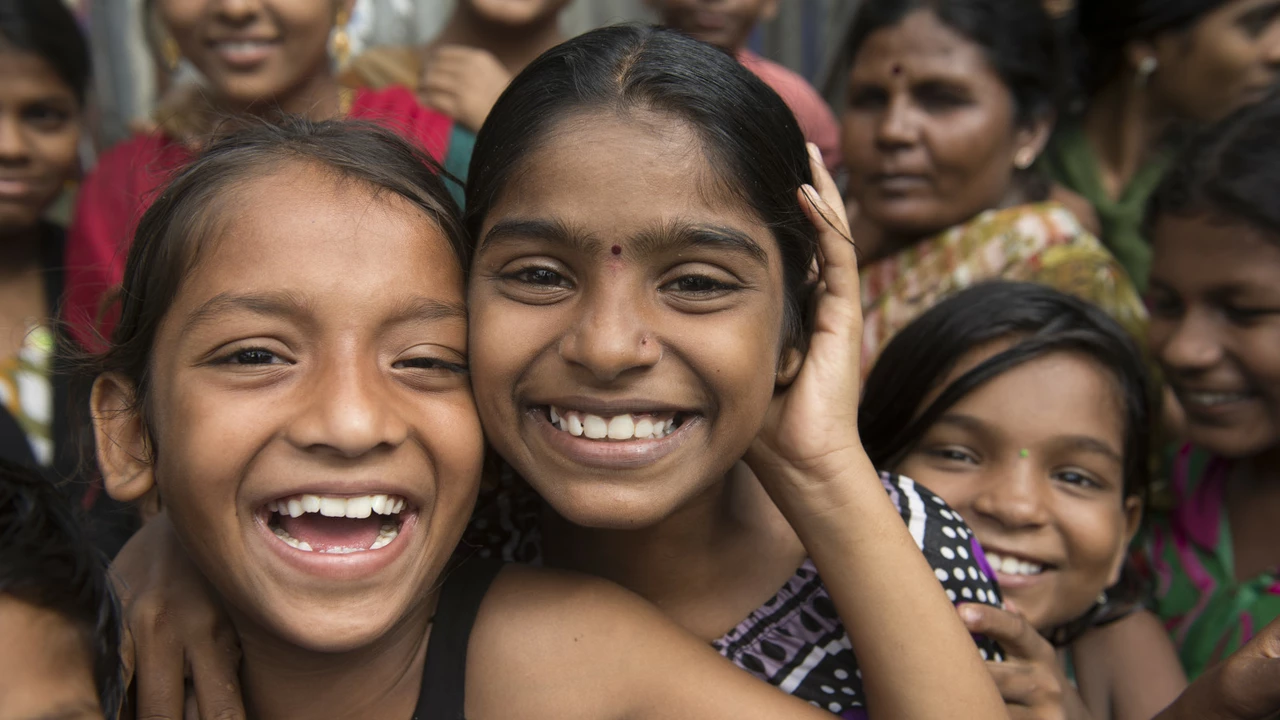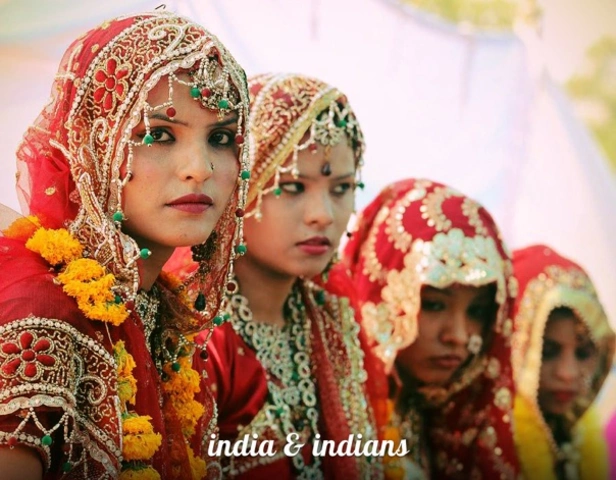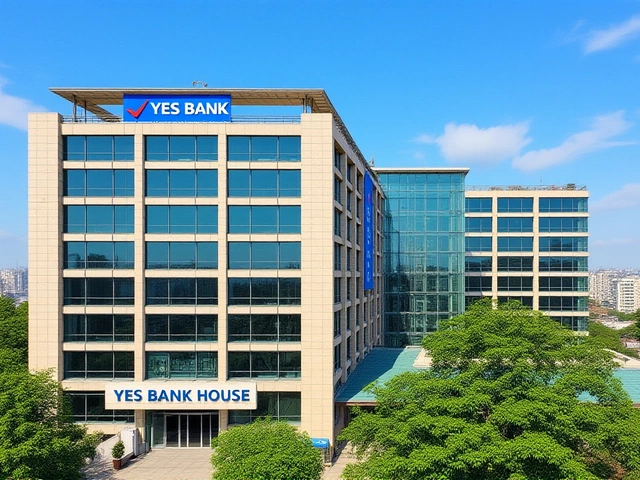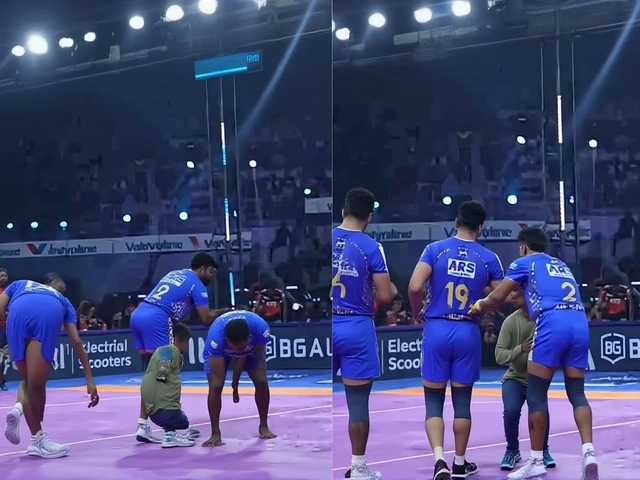Discovering Thai Perceptions
Now let's dive right in. Thai people and Indians have maintained ties for centuries, sharing cultural, religious, and trade connections. As an individual curious about how cultures perceive each other, and as an Indian residing away from the homeland, I've found it fascinating to delve into such topics. So, for today's piece, I’m focusing on what Thai people think about India and Indians. It's not about stereotyping or generalizing, but about sifting through shared stories, personal meetings and online spaces to understand the Thai perspective on us Indians.
The Historical Influence
India’s influence on Thailand traces back thousands of years, with proof seen in the architecture, religious practices, and the Thai script, which evolved from Brahmi script of ancient India. The influence even extends to Thai cuisine with the use of flavorful spices, somewhat similar to the burst of flavors you would find in Indian dishes. However, it’s essential to remember that these cultural elements have been beautifully localized according to Thai sensibilities. Thus, the historical influence gives Thai people a sense of familiarity and respect towards Indian culture, despite being uniquely distinct. Following such shared historical threads, Thai people also show a deep regard for Indian mythology and epics, acknowledging them as part of their cultural fabric.
Perceptions Around Bollywood – The Entertainment Boulevard!
Bollywood, India's film industry, undeniably shapes perceptions of India around the world. In Thailand, Bollywood’s flamboyance and vivid storytelling have found a dedicated fanbase. The Thai audiences love the vibrant dance numbers, the far-reaching family dramas, the passionate love stories, and the action flicks. Bollywood stars, especially Shahrukh Khan, Aamir Khan, and Salman Khan, are household names, reflecting the positive image of India and Indians in the Thai mind. Often, Thai people distinguish Indians as jovial, kind-hearted, and family-oriented – perceptions primarily rooted in Bollywood's presentation of us.
The Indian Community in Thailand – The Ambassador’s of Culture
Indians have been living and working in Thailand for many years. The Indian community in Thailand is greatly respected for their business acumen, mainly in areas like gemstone, textile, and spice trade. They follow Thai laws, contribute to the economy, and adapt to local customs while upholding their individual cultural identity. Consequently, Indians in Thailand play an essential ambassadorial role and have helped reinforce positive impressions among the locals. Most Thais view Indians as hardworking, adaptable, yet culturally grounded, which in turn, boosts respect and appreciation for Indian people and culture.
The Challenges and Misconceptions
Though there are positive impressions, they are sometimes coupled with biases or misconceptions. Some Thais have reservations due to media stereotypes portraying Indians as overly loud or culturally domineering. India’s struggle with poverty and social issues like the caste system also surface in conversations, often leading to misconceptions. But what we need to remember is that perception isn’t always reality. When given a chance, individuals can discover diverse, vibrant, and complex cultures beyond stereotypes.
On a more personal note, and giving a good nod to the 40% chance, I remember a unique encounter from my own travels. I, Aarav, once met a Thai gentleman during a local festival here in Sydney. He had never met an Indian before and had questions that surprised me, showing both curiosity and preconceived notions. After a long evening of friendly banter, food, and shared stories, he confessed that his perspective had widened, and promised to visit India to experience the grandeur for himself. That evening reminded me that personal interactions are key to challenging stereotypes and enriching biases.
In closing, the Thai perceptions about India and Indians are layered, grounded in historical connections, influenced by popular culture, and shaped through direct interactions with the Indian community. Yes, stereotypes exist, but they are not overarching definitions. Most importantly, these views are dynamic and continue to evolve with every conversation and shared experiences. Inspired by the interplay of culture, as well as the human tendency to perceive and misconceive, I hope this piece encourages us all to view such cultural exchanges with fascination and respect.





